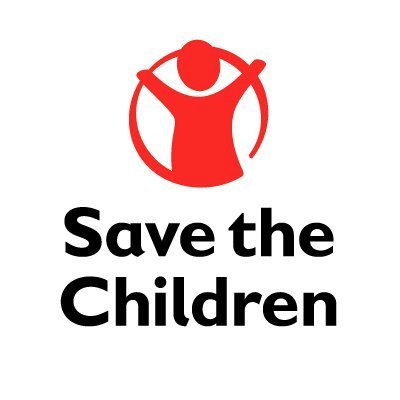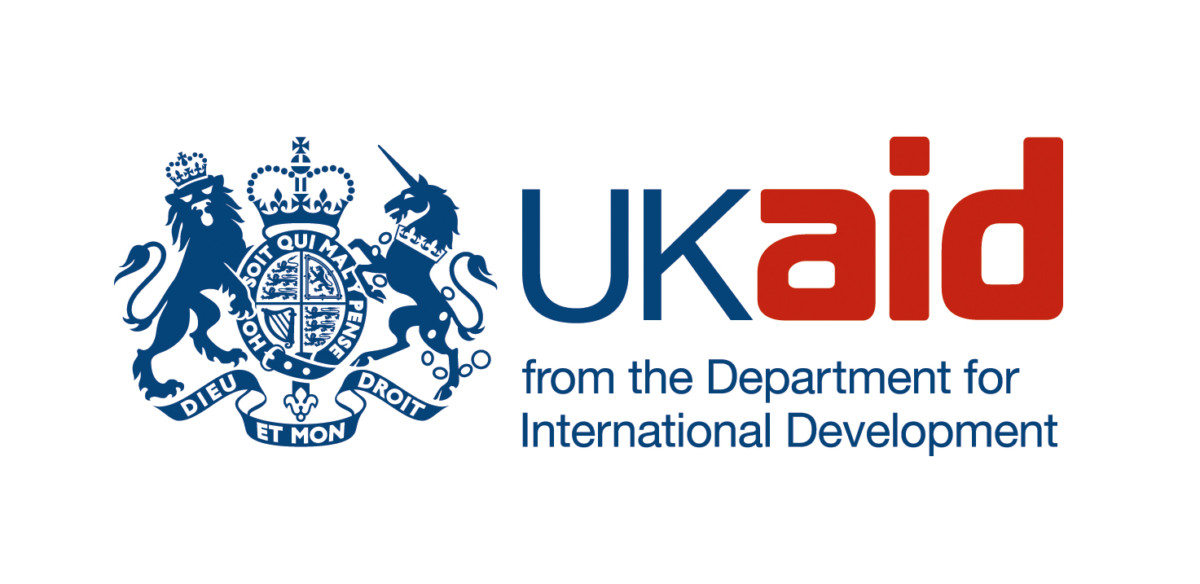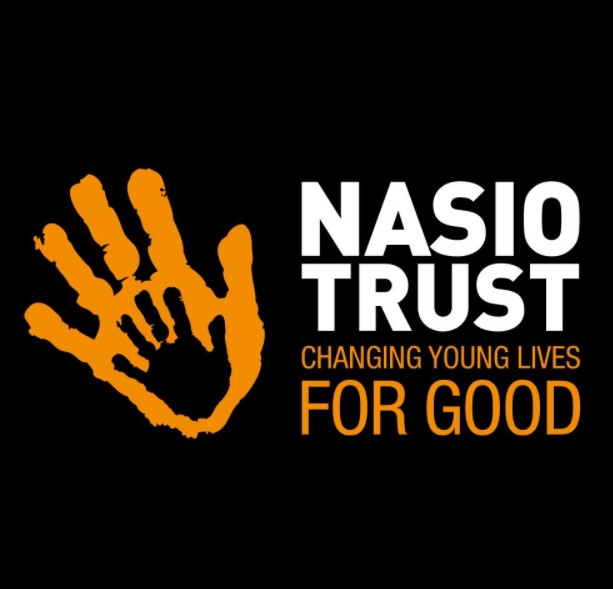Volunteer Team Leader Julia reflects on what she has learned about play since joining Play Action International. What you have learnt about play since joining our charity?
“When I first came across Play Action International at the Global Opportunities fair back in October, I had no idea what I was going to do this summer. All I knew was that I wanted to make a difference volunteering abroad. Enthusiastic representatives encouraged me to attend an information evening, which convinced me that this was the charity that I wanted to support.
Before this event, ‘play’ to me was a nice thought; children enjoy playing and having a happy childhood is important but not essential. However, I soon discovered that it is so much more than that.
Firstly, play is critical to child development, especially during the early years as the brain is developing most rapidly. Play gives children a way to engage with the world around them at an early stage helping them to conquer their fears and enhance their confidence and resilience as they are in control of this part of their world. Through play children also improve their creativity, imagination, dexterity and physical, cognitive and emotional strength, giving them the tools to face future challenges. Not only does play have cognitive and emotional benefits, but it also has physical health benefits such as developing motor skills and increasing activity.
Play-based learning also offers a hugely effective and sustainable approach to education. It gives children the opportunity to try new things and invent, create and test their ideas, while also motivating them to explore and discover more about the world around them, enhancing their problem solving skills as they overcome barriers. Playing with others has been shown to improve children’s social skills and language development, teaching them about the rules of gameplay and fairness, all of which are key in ensuring academic success.
The incorporation of play into education, particularly in more deprived areas, helps improve IQ and consolidate retain and apply knowledge, rather than passively absorbing information. It therefore comes as no surprise that play improves academic performance and educational attainment, with participants in disadvantaged communities globally where play-based learning initiatives were implemented witnessing 44% higher school graduation rates, which in turn increased average monthly earnings over 20 years by 42%. Play Action’s own programmes have shown similar results with improved academic performance and behaviour, reduced drop-outs, and increased attendance, with a high percentage of students mentioning the playgrounds as reasons to attend school!
“Children learn as they play; most importantly, in play, children learn how to learn.” – Fred Donaldson
Sadly, childhood is not such a magical experience for all children. Some suffer significant trauma during their early years, with long-lasting effects on their adult future, increasing potential for physical diseases and mental illnesses as well as violence and relationship problems. Yet, safe play offers an impactful and cost-effective way to mitigate the impact of these traumatic childhood experiences. A child instinctively plays to process their experiences and make sense of the world, therefore providing a wealth of therapeutic opportunities under the child’s control. This helps them process anger, relieve stress, express themselves, bond with others and provides opportunities for modelling positive behaviour.
Therefore, I have now been convinced that play is anything but a frivolous activity, which is why I am proud to be making a difference with such an important charity.”
Interested in volunteering your time to bring play to more children? Find out more here.













